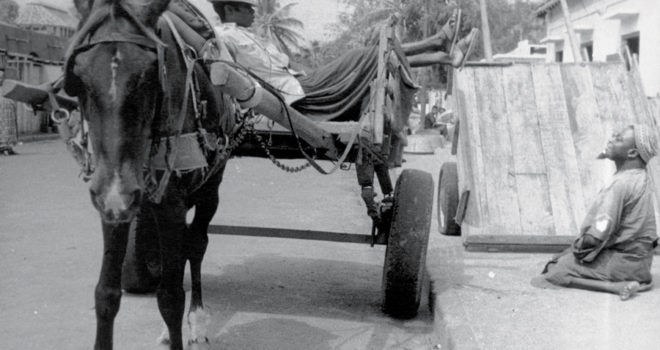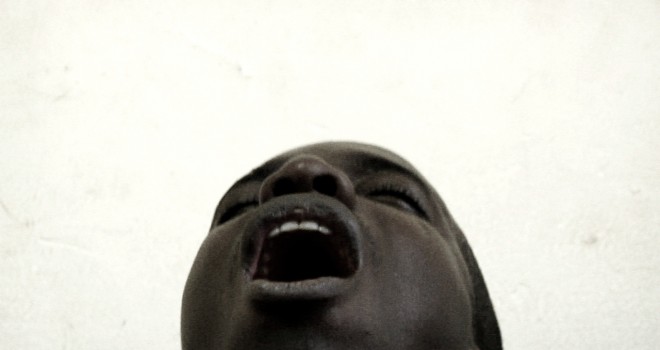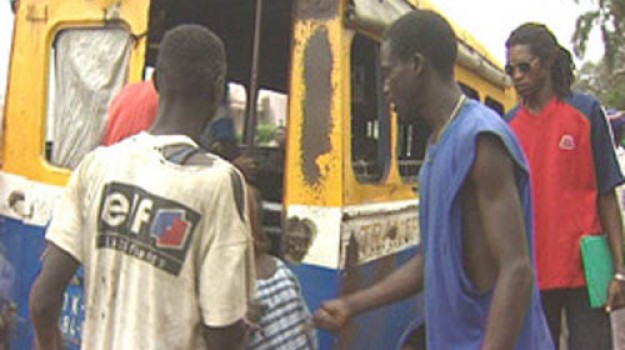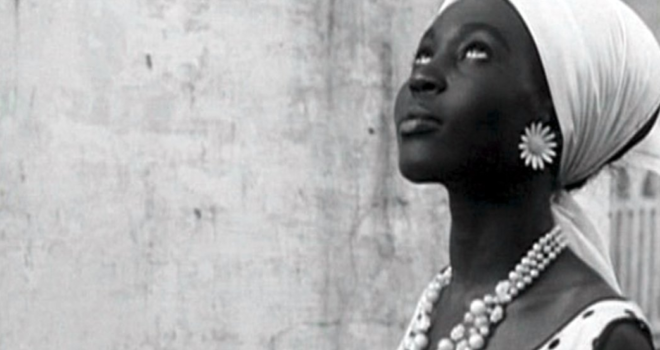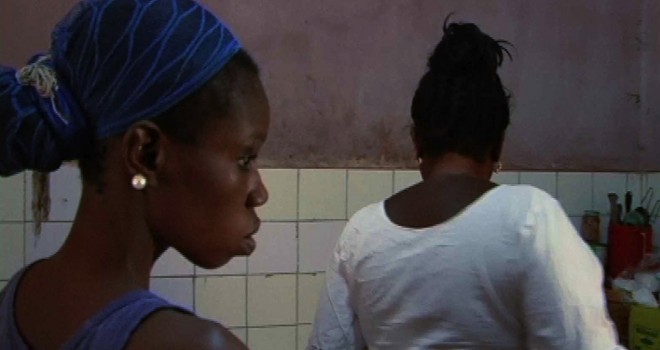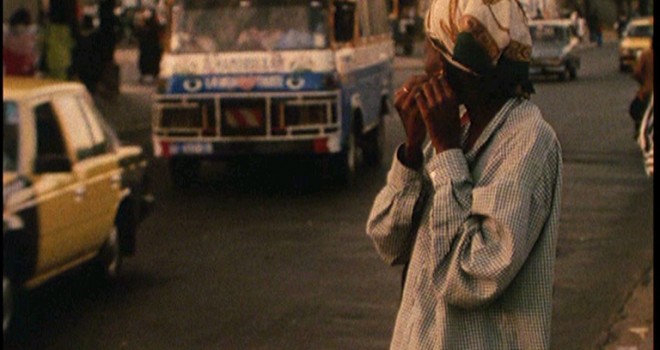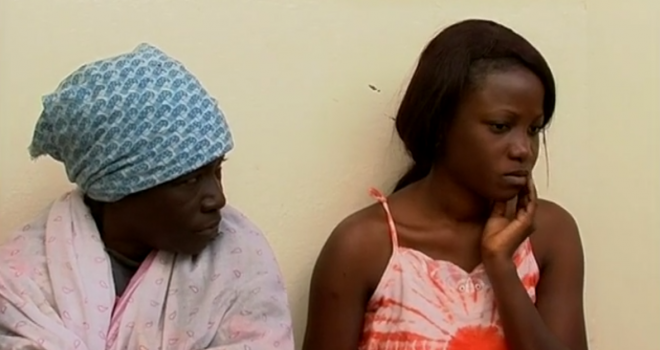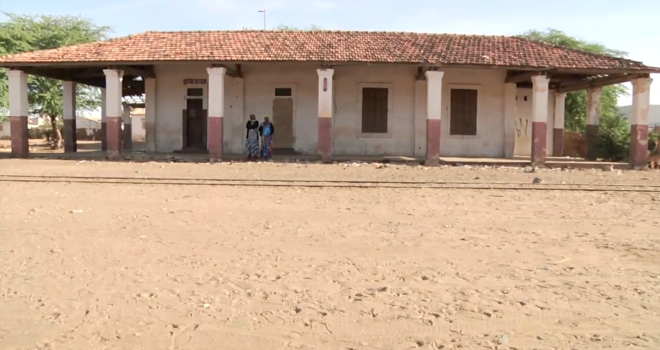The inner journeyings of Khady Sylla or speech refound
The first film by Khady Sylla that I saw was Une fenêtre ouverte, programmed by the Cinématographe as part of a rerun of selected films for the FID Marseille. This was in 2005. At the time, I said to myself that hers was a voice I would long remember, its timbre and intonations, with a singular scansion where speech, the act of speaking, focuses insistently and fundamentally on what it is saying. The voice came from afar, from behind the line separating what was visible, perhaps from the place that she called the “third eye”, and it infused the images with the taut weight of an entire body, a body constrained yet multiple, polyphonic – as some described it –contemporary, post-colonised, distraught.
Khady Sylla was Senegalese. She only recently left us. Listening to her anew, we will assuredly see her again, her films will be compared with other films and, sometimes, other filmmakers’ cameras will take us back to her. She will be there, perched on the brink of nothingness, at the window from which she observed all of the world’s servitudes, trying to find her place there again, hurling words like blows to open the breach, finding the power to name things and, perhaps already, the power to see them.
Khady Sylla’s gaze is not only overexposed – a wonderful way of referring to the blindness that she dreads in the first minutes of Une fenêtre ouverte, when she wants to look at the many mentally ill homeless people wandering the streets of Dakar. Just like the world, her gaze also fears fragmentation, dislocation, the drying up of people’s sacred link to the life that they (no longer) live and to the life around them. So, Khady, a “daughter of the water”, begins to doubt in a different way her love for a life she finds more emaciated than a cow. What she does love, on the other hand, is literature and cinema. So from her windowsill, from the corridor, from the back of the yard, in the hospital, she unpeacefully shapes the body of the voices that journey from her inner madness towards the madness of the outside world. Between words and images, a simple movement, simple speech, a reactivated link, a testing of constraints (structural, historical, symbolic, pathological). For Khady Sylla, any genuine talk is speech refound and any speech refound had at one time been lost. The cinema is there to accompany these returns (political, poetic), which often betoken long journeys: the monologue of a young maid displaced from her village and reduced to silence by the burden of orders given, the encounter with Aminta, the woman who knows that the world around her should also consider seeking treatment, a return with Mariama, her sister, to the source – Penda Diogo Sarr, their grandmother in Barade Ndiaye village…
Disappearances, new divides, a dualism opposing traditional economies and values and the urban model of development: at what endogenous pace does modernity drive a society to become separated from itself? What absurd deformities does it lead to?
Looking out through the window, staring at the camera and blinking at each word so as not to lose her rhythm, Khady Sylla is worried. She can no longer see what is fleeing into the distance with ever increasing obstinacy.
Jérôme Baron



